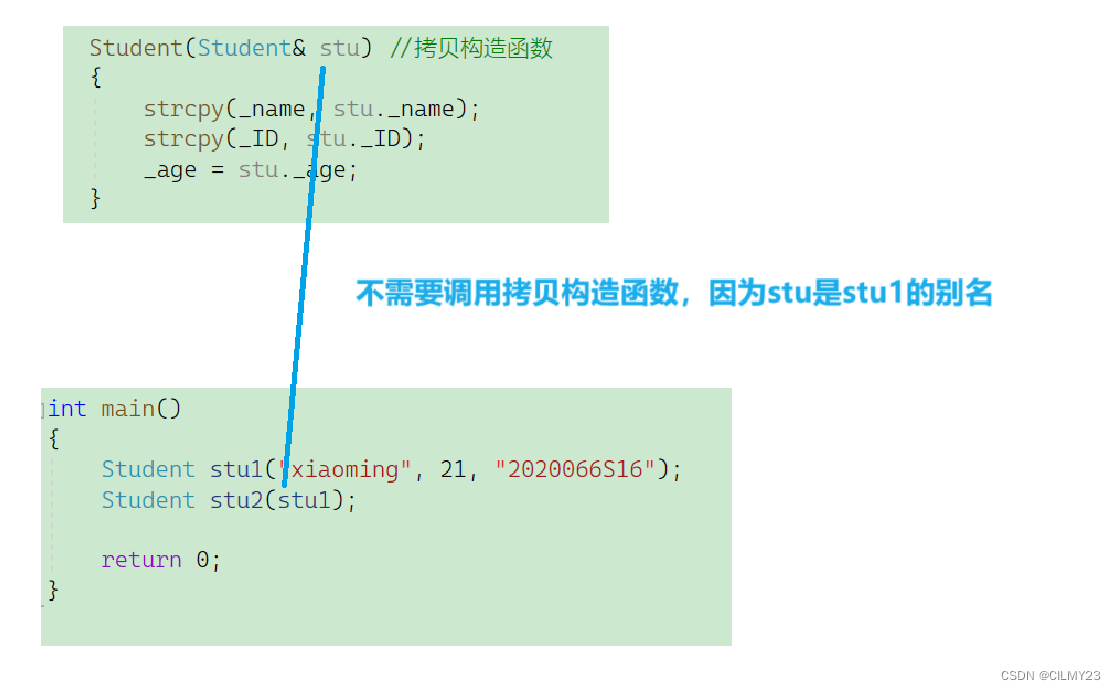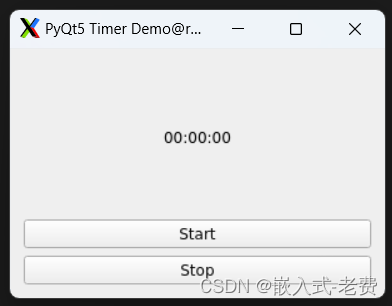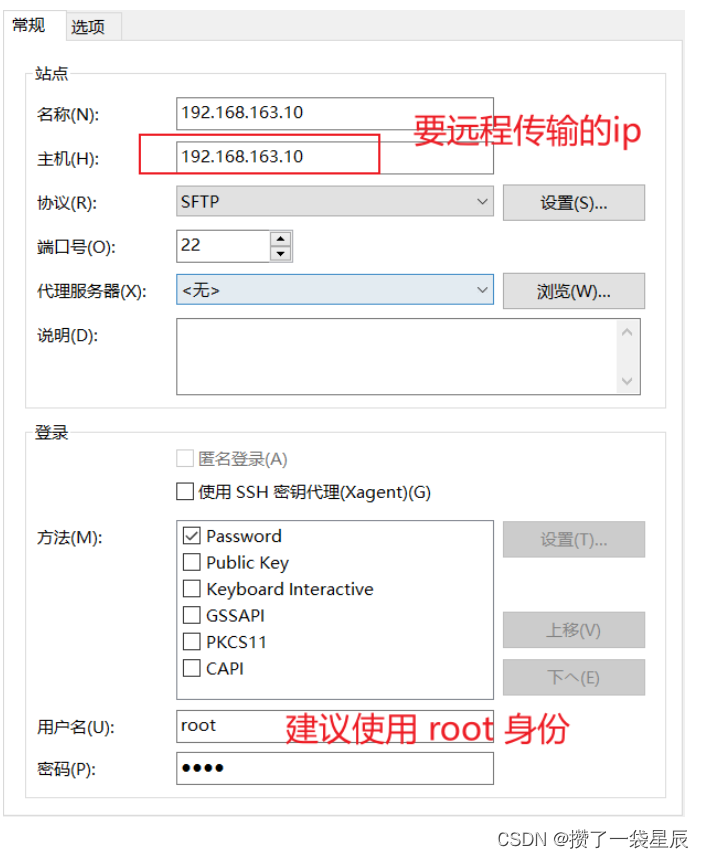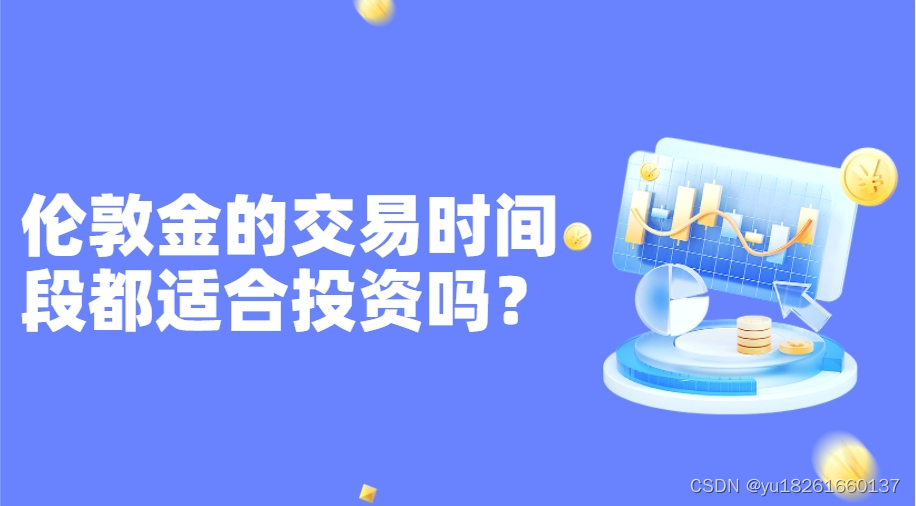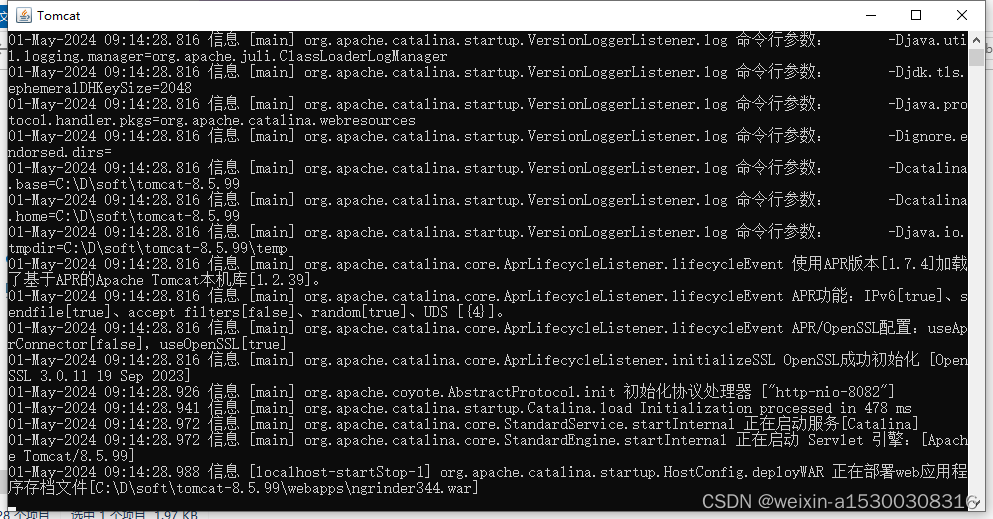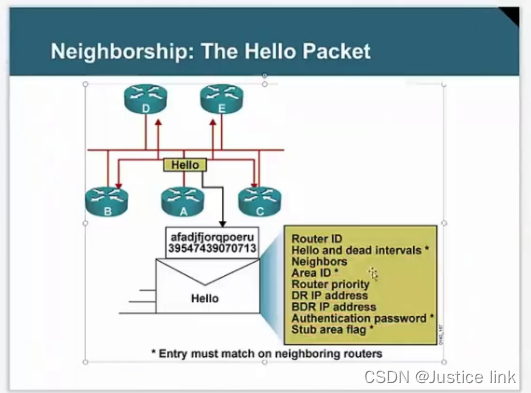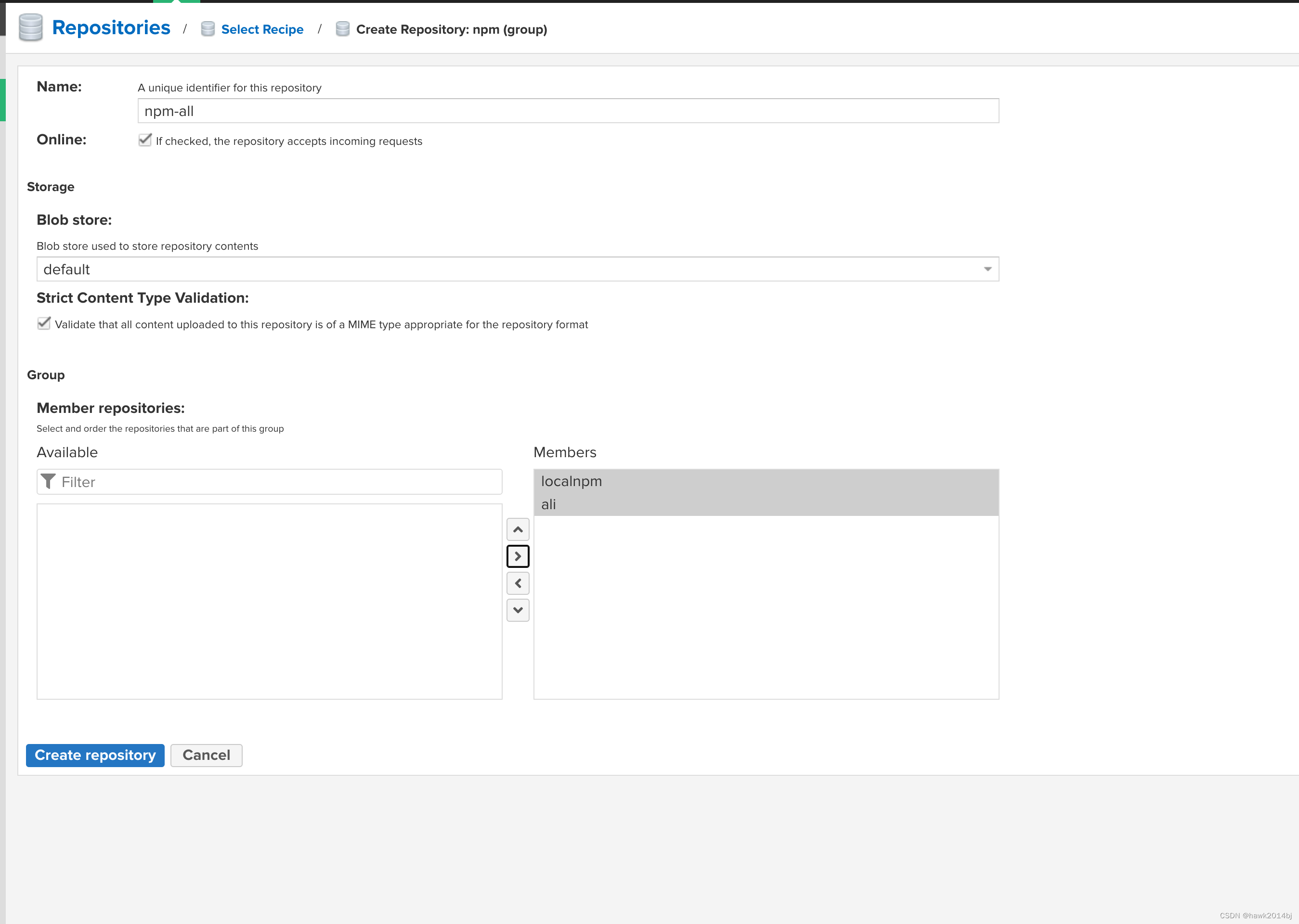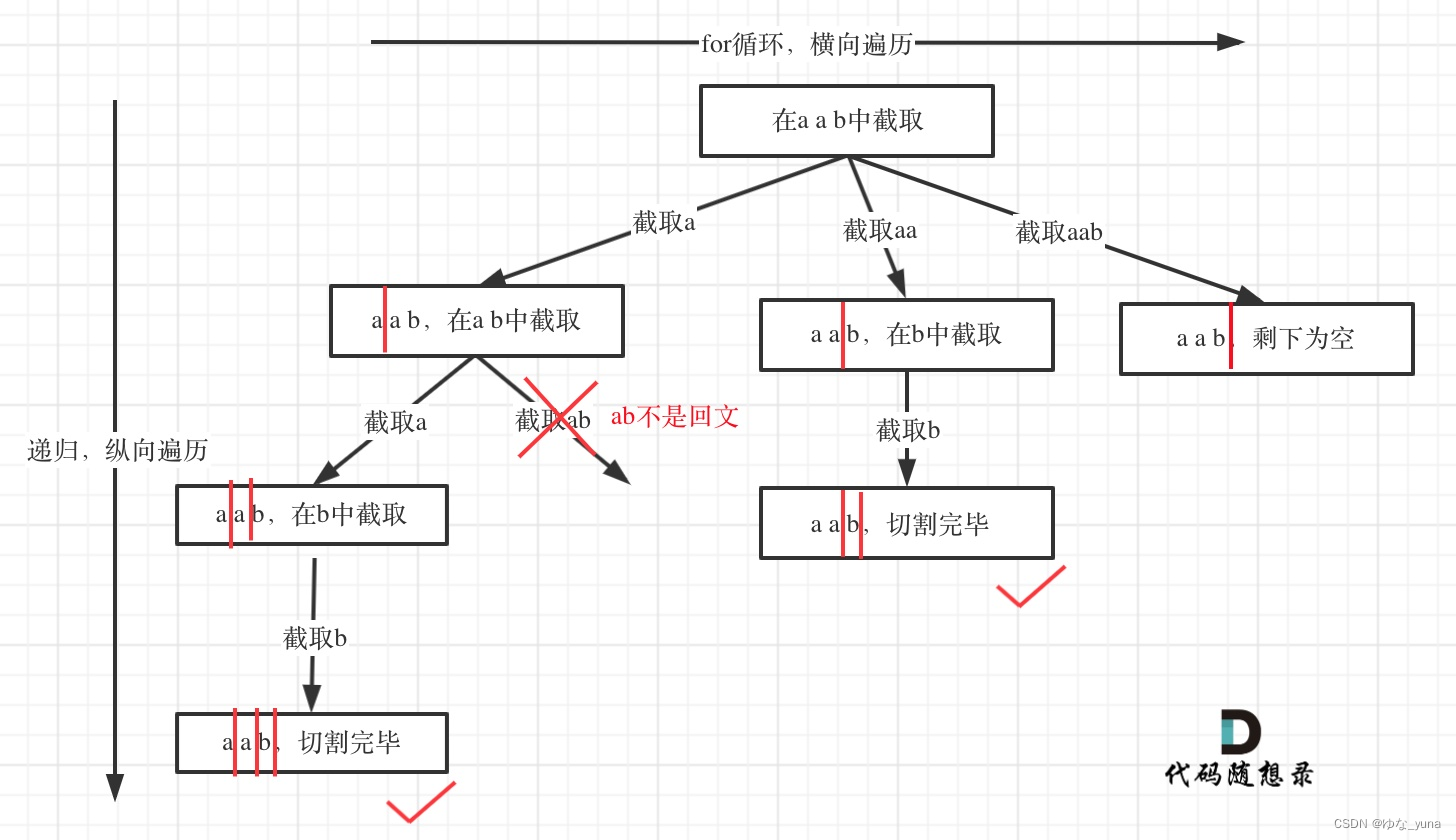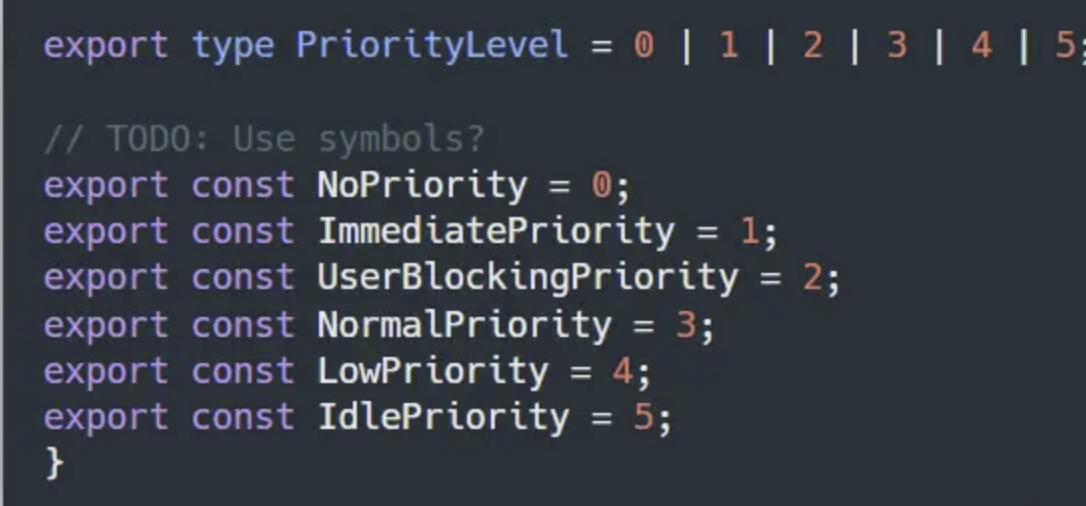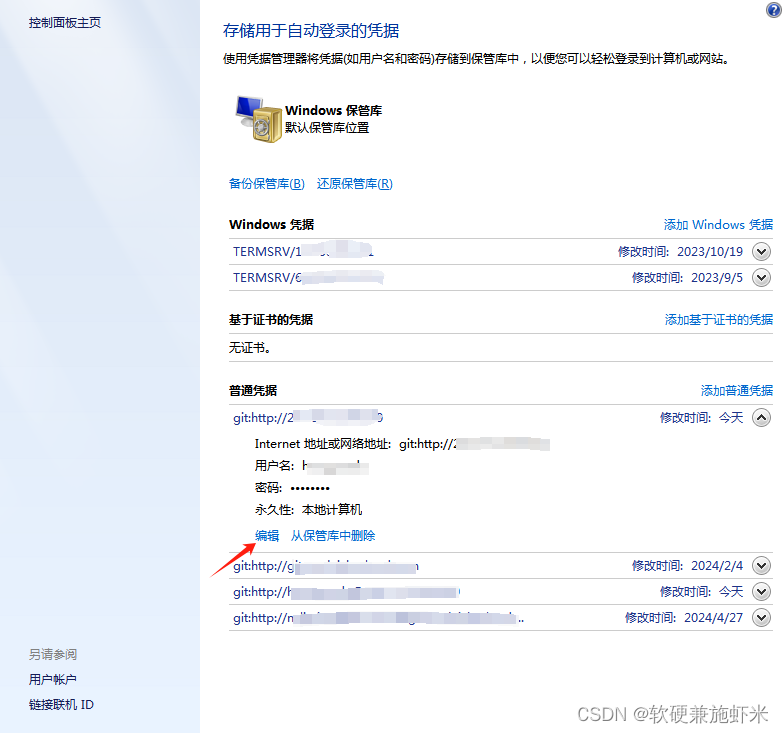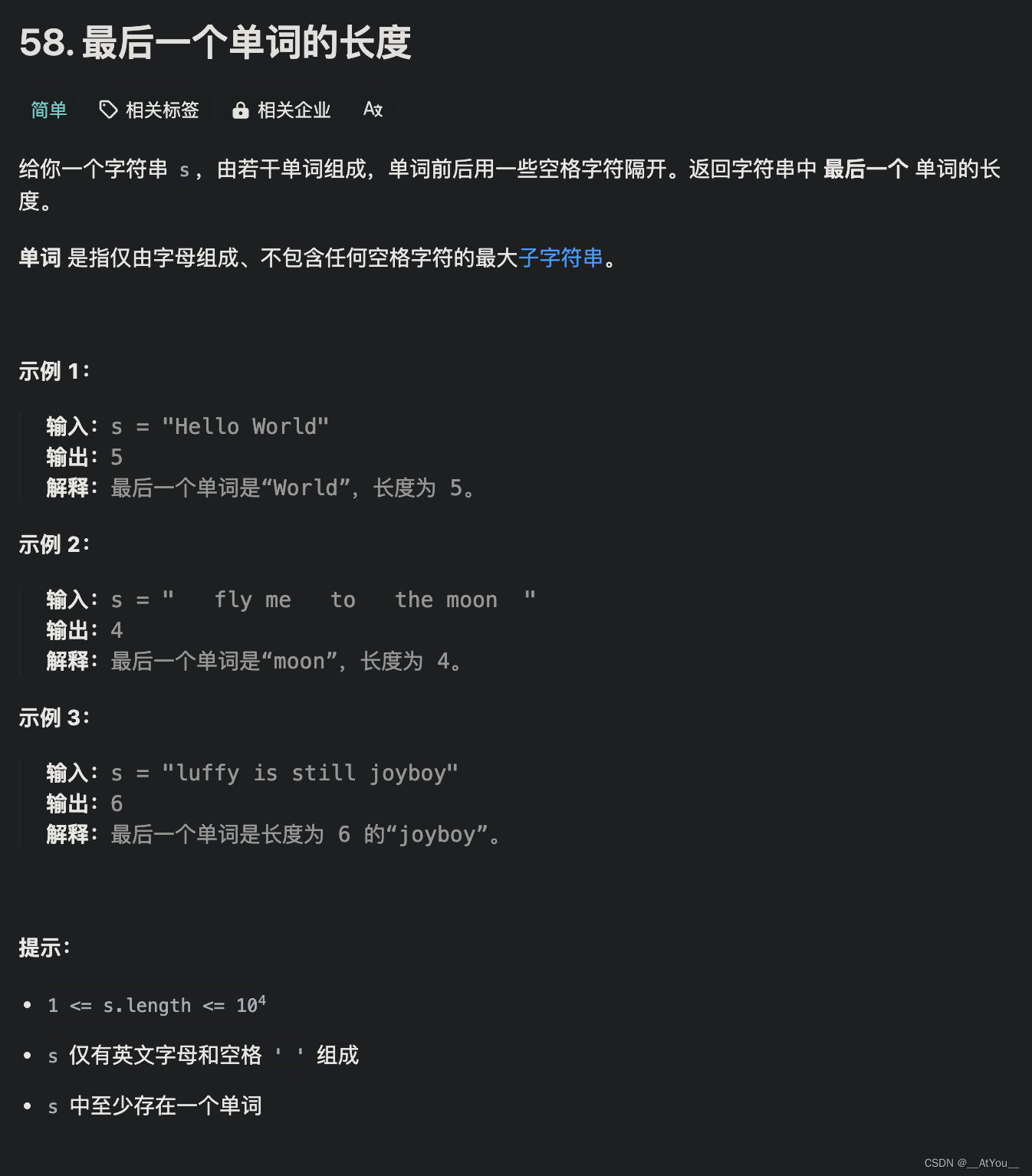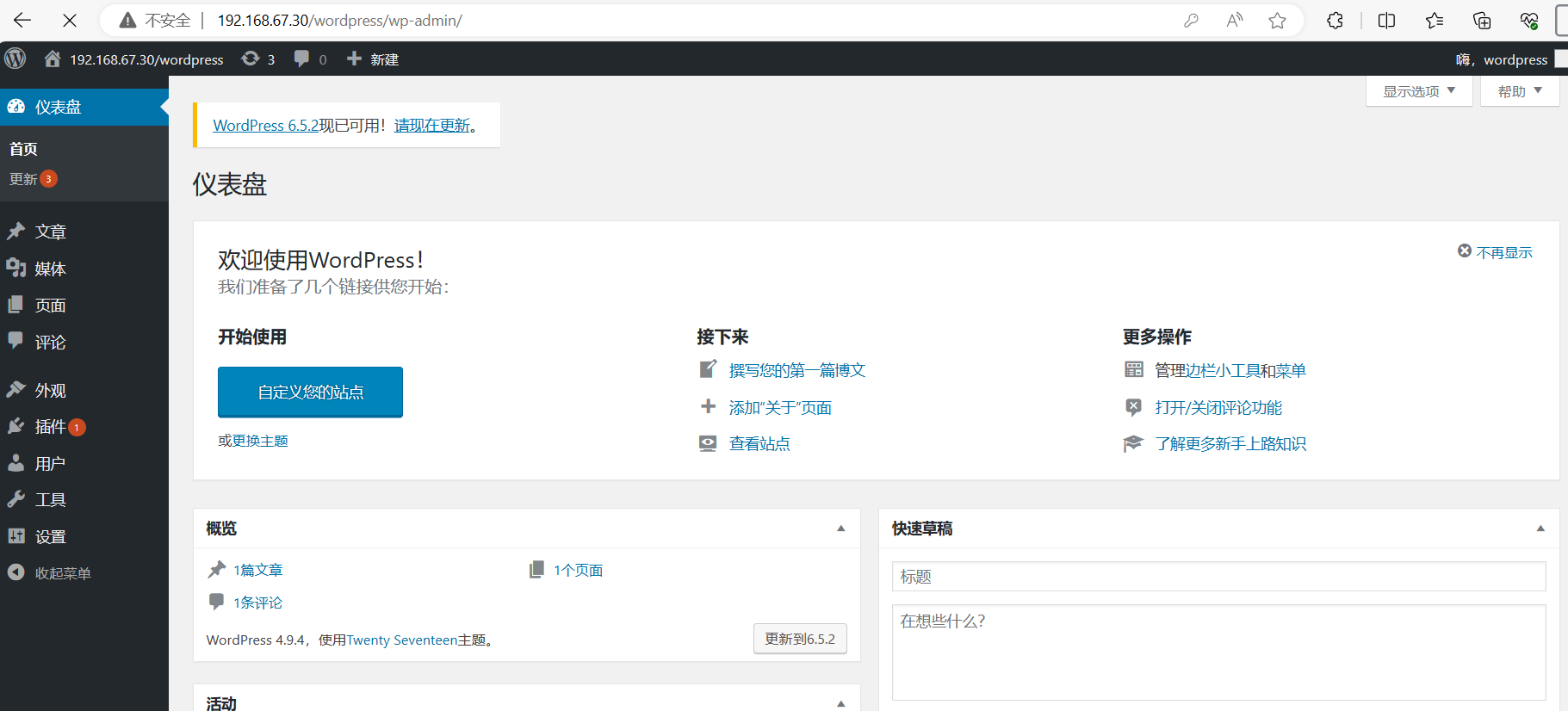基于Spring Boot的校园闲置物品交易网站设计与实现
- 开发语言:Java
- 框架:springboot
- JDK版本:JDK1.8
- 数据库工具:Navicat11
- 开发软件:eclipse/myeclipse/idea
系统部分展示
系统功能界面图,在系统首页可以查看首页、商品信息、商品资讯、个人中心、后台管理、购物车等内容。

管理员登录界面,管理员通过点击后台管理,进入页面可以查看首页、个人中心、用户管理、商品类型管理、商品信息管理、系统管理、订单管理等功能模块,进行相对应操作。

商品信息界面图,在商品信息页面通过填写商品类型、商品名称、商品图片、价格等信息进行添加到购物车、立即购买。

收货地址界面图,在收货地址页面通过填写联系人、手机号码、地址、默认等信息进行添加到新地址操作。

订单管理界面,管理员通过列表可以获取订单编号、商品名称、商品图片、购买数量、价格/积分、折扣价格、总价格/总积分、折扣总价格、支付类型、状态、地址等信息,并进行详情、删除、修改操作。

商品信息管理界面,管理员通过列表可以获取商品类型、商品名称、商品图片、价格等信息,并进行详情、删除、修改操作。

商品类型管理界面,通过商品类型管理可以获取类型等信息并进行详情、删除、修改操作。

用户管理界面,管理员通过列表可以获取用户名、密码、姓名、性别、手机、邮箱、照片等信息,并进行详情、删除、修改操作。

系统功能结构图

文档部分展示

摘要
社会的发展和科学技术的进步,互联网技术越来越受欢迎。网络计算机的交易方式逐渐受到广大人民群众的喜爱,也逐渐进入了每个用户的使用。互联网具有便利性,速度快,效率高,成本低等优点。 因此,构建符合自己要求的操作系统是非常有意义的。
本文从管理员、用户的功能要求出发,校园闲置物品交易网站系统中的功能模块主要是实现管理员;首页、个人中心、用户管理、商品类型管理、商品信息管理、系统管理、订单管理,用户:首页、个人中心、商品信息管理、我的收藏管理、订单管理。前台首页:首页、商品信息、商品资讯、个人中心、后台管理、购物车等功能。经过认真细致的研究,精心准备和规划,最后测试成功,系统可以正常使用。分析功能调整与校园闲置物品交易网站实现的实际需求相结合,讨论了Java语言开发校园闲置物品交易网站的使用。
研究意义
响应绿色环保理念:随着环保意识的提升,闲置物品再利用成为了一种社会风尚。本研究通过设计基于Spring Boot的校园闲置物品交易网站,鼓励学生参与闲置物品的买卖,从而减少资源浪费,推动校园绿色生活方式的形成。
促进校园经济微循环:校园内存在大量的二手物品,这些物品如果能够得到有效利用,可以形成一个小型的经济循环。本研究旨在通过技术手段促进这种微循环,为学生提供一个方便快捷的交易平台,同时带动校园经济的活力。
提升学生技术能力:本研究结合了Spring Boot和Java技术栈,为学生提供了一个实践软件开发的机会。通过参与项目的开发,学生可以将理论知识应用到实际项目中,提升编程能力和团队协作能力。
丰富校园文化生活:校园闲置物品交易网站不仅可以为学生提供物质上的便利,还可以丰富校园文化生活。学生可以在网站上浏览各种有趣的二手物品,增加交流机会,促进校园文化多元化发展。
推动教育信息化建设:本研究是教育信息化建设的一部分,通过引入先进的软件开发技术和理念,提升校园信息化水平,为学校的教学、科研和管理提供有力支持。
探究技术应用模式:本研究将深入探索Spring Boot在构建校园闲置物品交易网站中的应用模式,为其他类似项目的开发提供借鉴和参考,推动相关技术的发展和普及。
研究目的
提升用户体验和交易效率:通过优化网站界面设计、提升系统性能、完善交易流程等措施,提高用户的使用体验,降低交易成本,提升交易效率。
保证系统的安全性和稳定性:采用先进的安全技术和措施,确保网站数据的安全性和用户隐私的保护;同时,通过合理的系统架构设计和性能优化,保证网站在高并发情况下的稳定性和可用性。
探索校园闲置物品交易模式:结合校园特点和用户需求,探索适合校园环境的闲置物品交易模式,包括交易规则、定价机制、物流配送等方面的优化和创新。
提供数据分析支持:通过收集和分析网站运行数据,为管理者提供决策支持,同时为用户推荐更符合其需求的物品和交易方式。
推广并应用研究成果:通过宣传和推广研究成果,鼓励更多的学生参与到闲置物品的交易中来;同时,将研究成果应用到其他类似项目中,推动相关技术的发展和应用。
代码部分
package com.controller;
import java.text.SimpleDateFormat;
import java.util.ArrayList;
import java.util.Arrays;
import java.util.Calendar;
import java.util.Map;
import java.util.HashMap;
import java.util.Iterator;
import java.util.Date;
import java.util.List;
import javax.servlet.http.HttpServletRequest;
import com.utils.ValidatorUtils;
import org.apache.commons.lang3.StringUtils;
import org.springframework.beans.factory.annotation.Autowired;
import org.springframework.web.bind.annotation.PathVariable;
import org.springframework.web.bind.annotation.RequestBody;
import org.springframework.web.bind.annotation.RequestMapping;
import org.springframework.web.bind.annotation.RequestParam;
import org.springframework.web.bind.annotation.RestController;
import com.baomidou.mybatisplus.mapper.EntityWrapper;
import com.baomidou.mybatisplus.mapper.Wrapper;
import com.annotation.IgnoreAuth;
import com.entity.YonghuEntity;
import com.entity.view.YonghuView;
import com.service.YonghuService;
import com.service.TokenService;
import com.utils.PageUtils;
import com.utils.R;
import com.utils.MD5Util;
import com.utils.MPUtil;
import com.utils.CommonUtil;
/**
* 用户
* 后端接口
* @author
* @email
* @date 2021-02-23 15:00:34
*/
@RestController
@RequestMapping("/yonghu")
public class YonghuController {
@Autowired
private YonghuService yonghuService;
@Autowired
private TokenService tokenService;
/**
* 登录
*/
@IgnoreAuth
@RequestMapping(value = "/login")
public R login(String username, String password, String captcha, HttpServletRequest request) {
YonghuEntity user = yonghuService.selectOne(new EntityWrapper<YonghuEntity>().eq("yonghuming", username));
if(user==null || !user.getMima().equals(password)) {
return R.error("账号或密码不正确");
}
String token = tokenService.generateToken(user.getId(), username,"yonghu", "用户" );
return R.ok().put("token", token);
}
/**
* 注册
*/
@IgnoreAuth
@RequestMapping("/register")
public R register(@RequestBody YonghuEntity yonghu){
//ValidatorUtils.validateEntity(yonghu);
YonghuEntity user = yonghuService.selectOne(new EntityWrapper<YonghuEntity>().eq("yonghuming", yonghu.getYonghuming()));
if(user!=null) {
return R.error("注册用户已存在");
}
Long uId = new Date().getTime();
yonghu.setId(uId);
yonghuService.insert(yonghu);
return R.ok();
}
/**
* 退出
*/
@RequestMapping("/logout")
public R logout(HttpServletRequest request) {
request.getSession().invalidate();
return R.ok("退出成功");
}
/**
* 获取用户的session用户信息
*/
@RequestMapping("/session")
public R getCurrUser(HttpServletRequest request){
Long id = (Long)request.getSession().getAttribute("userId");
YonghuEntity user = yonghuService.selectById(id);
return R.ok().put("data", user);
}
/**
* 密码重置
*/
@IgnoreAuth
@RequestMapping(value = "/resetPass")
public R resetPass(String username, HttpServletRequest request){
YonghuEntity user = yonghuService.selectOne(new EntityWrapper<YonghuEntity>().eq("yonghuming", username));
if(user==null) {
return R.error("账号不存在");
}
user.setMima("123456");
yonghuService.updateById(user);
return R.ok("密码已重置为:123456");
}
/**
* 后端列表
*/
@RequestMapping("/page")
public R page(@RequestParam Map<String, Object> params,YonghuEntity yonghu, HttpServletRequest request){
EntityWrapper<YonghuEntity> ew = new EntityWrapper<YonghuEntity>();
PageUtils page = yonghuService.queryPage(params, MPUtil.sort(MPUtil.between(MPUtil.likeOrEq(ew, yonghu), params), params));
return R.ok().put("data", page);
}
/**
* 前端列表
*/
@RequestMapping("/list")
public R list(@RequestParam Map<String, Object> params,YonghuEntity yonghu, HttpServletRequest request){
EntityWrapper<YonghuEntity> ew = new EntityWrapper<YonghuEntity>();
PageUtils page = yonghuService.queryPage(params, MPUtil.sort(MPUtil.between(MPUtil.likeOrEq(ew, yonghu), params), params));
return R.ok().put("data", page);
}
/**
* 列表
*/
@RequestMapping("/lists")
public R list( YonghuEntity yonghu){
EntityWrapper<YonghuEntity> ew = new EntityWrapper<YonghuEntity>();
ew.allEq(MPUtil.allEQMapPre( yonghu, "yonghu"));
return R.ok().put("data", yonghuService.selectListView(ew));
}
/**
* 查询
*/
@RequestMapping("/query")
public R query(YonghuEntity yonghu){
EntityWrapper< YonghuEntity> ew = new EntityWrapper< YonghuEntity>();
ew.allEq(MPUtil.allEQMapPre( yonghu, "yonghu"));
YonghuView yonghuView = yonghuService.selectView(ew);
return R.ok("查询用户成功").put("data", yonghuView);
}
/**
* 后端详情
*/
@RequestMapping("/info/{id}")
public R info(@PathVariable("id") Long id){
YonghuEntity yonghu = yonghuService.selectById(id);
return R.ok().put("data", yonghu);
}
/**
* 前端详情
*/
@RequestMapping("/detail/{id}")
public R detail(@PathVariable("id") Long id){
YonghuEntity yonghu = yonghuService.selectById(id);
return R.ok().put("data", yonghu);
}
/**
* 后端保存
*/
@RequestMapping("/save")
public R save(@RequestBody YonghuEntity yonghu, HttpServletRequest request){
yonghu.setId(new Date().getTime()+new Double(Math.floor(Math.random()*1000)).longValue());
//ValidatorUtils.validateEntity(yonghu);
YonghuEntity user = yonghuService.selectOne(new EntityWrapper<YonghuEntity>().eq("yonghuming", yonghu.getYonghuming()));
if(user!=null) {
return R.error("用户已存在");
}
yonghu.setId(new Date().getTime());
yonghuService.insert(yonghu);
return R.ok();
}
/**
* 前端保存
*/
@RequestMapping("/add")
public R add(@RequestBody YonghuEntity yonghu, HttpServletRequest request){
yonghu.setId(new Date().getTime()+new Double(Math.floor(Math.random()*1000)).longValue());
//ValidatorUtils.validateEntity(yonghu);
YonghuEntity user = yonghuService.selectOne(new EntityWrapper<YonghuEntity>().eq("yonghuming", yonghu.getYonghuming()));
if(user!=null) {
return R.error("用户已存在");
}
yonghu.setId(new Date().getTime());
yonghuService.insert(yonghu);
return R.ok();
}
/**
* 修改
*/
@RequestMapping("/update")
public R update(@RequestBody YonghuEntity yonghu, HttpServletRequest request){
//ValidatorUtils.validateEntity(yonghu);
yonghuService.updateById(yonghu);//全部更新
return R.ok();
}
/**
* 删除
*/
@RequestMapping("/delete")
public R delete(@RequestBody Long[] ids){
yonghuService.deleteBatchIds(Arrays.asList(ids));
return R.ok();
}
/**
* 提醒接口
*/
@RequestMapping("/remind/{columnName}/{type}")
public R remindCount(@PathVariable("columnName") String columnName, HttpServletRequest request,
@PathVariable("type") String type,@RequestParam Map<String, Object> map) {
map.put("column", columnName);
map.put("type", type);
if(type.equals("2")) {
SimpleDateFormat sdf = new SimpleDateFormat("yyyy-MM-dd");
Calendar c = Calendar.getInstance();
Date remindStartDate = null;
Date remindEndDate = null;
if(map.get("remindstart")!=null) {
Integer remindStart = Integer.parseInt(map.get("remindstart").toString());
c.setTime(new Date());
c.add(Calendar.DAY_OF_MONTH,remindStart);
remindStartDate = c.getTime();
map.put("remindstart", sdf.format(remindStartDate));
}
if(map.get("remindend")!=null) {
Integer remindEnd = Integer.parseInt(map.get("remindend").toString());
c.setTime(new Date());
c.add(Calendar.DAY_OF_MONTH,remindEnd);
remindEndDate = c.getTime();
map.put("remindend", sdf.format(remindEndDate));
}
}
Wrapper<YonghuEntity> wrapper = new EntityWrapper<YonghuEntity>();
if(map.get("remindstart")!=null) {
wrapper.ge(columnName, map.get("remindstart"));
}
if(map.get("remindend")!=null) {
wrapper.le(columnName, map.get("remindend"));
}
int count = yonghuService.selectCount(wrapper);
return R.ok().put("count", count);
}
}
总结
技术选型的重要性:通过本项目的实施,我们深刻认识到在开发校园闲置物品交易网站时,选择合适的技术栈(如Spring Boot和Java)至关重要。这些技术不仅保证了系统的稳定性和可扩展性,还提供了丰富的功能和强大的性能,使得我们能够快速响应需求变化,不断优化系统。
用户体验的核心地位:在设计和开发过程中,我们始终将用户体验放在首位。通过优化界面设计、简化操作流程、提升系统性能等措施,我们努力为用户提供更加便捷、高效、安全的交易体验。这种以用户为中心的设计理念也让我们获得了更多的用户认可和支持。
安全性的不可忽视:随着网络安全问题的日益严重,我们在开发过程中高度重视系统的安全性。通过采用先进的安全技术和措施,如数据加密、访问控制、防火墙等,我们成功保证了用户数据的安全性和隐私保护。这为用户提供了更加可靠的交易环境,也增强了用户对系统的信任度。
持续优化的必要性:项目的开发是一个持续迭代和优化的过程。在项目实施过程中,我们不断收集用户反馈,分析系统运行数据,发现潜在的问题和瓶颈,并及时进行优化和改进。这种持续优化的态度使得我们的系统能够不断适应市场变化和用户需求,保持竞争力和活力。
推动教育信息化的价值:本项目不仅是一个技术实践项目,更是推动教育信息化的重要举措。通过引入先进的软件开发技术和理念,我们提升了校园信息化水平,为学校的教学、科研和管理提供了有力支持。同时,本项目也为学生提供了一个实践软件开发的机会,提升了他们的编程能力和团队协作能力,为他们未来的职业发展奠定了坚实基础。

